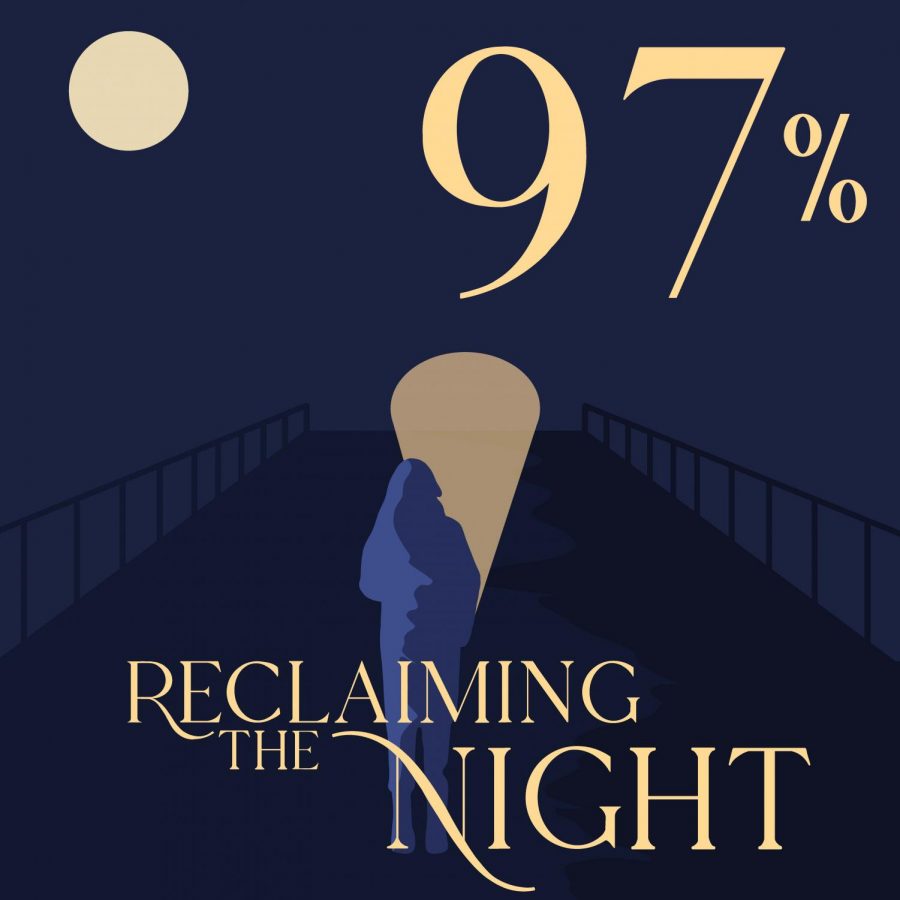The term academic validation–heard by many, used by some–has established itself in the mindset of younger generations. It can vary between beneficial and detrimental, and it can also vary in its definition.
“Personally, [I think] academic validation is basing your worth, identity and essentially everything that you are solely on merit, which honestly is materialistic,” senior Arianna Guerra said.
For some students at Antioch Community High School, the main focus of everyday life rests solely on academics. The amount of effort an individual puts into an assignment will then determine a percentage of their overall grade in the class, but dependence upon achieving absolute greatness can damage one’s mental health.
“I lost motivation for everything because my thoughts focused on obtaining the perfection that I had in mind; that one bad grade would turn the rest of the day sour,” Guerra said. “I wouldn’t want to participate in my extracurriculars or hang out with friends.”
Basing good grades unintentionally on self-worth has caused certain aspects of life to vanish. Like Guerra, junior Brant Becker came to that conclusion as well.
“At times, there are points where you hold higher value to academics and put them above other things,” Becker said.
For freshman and field hockey player Katie Smith, academic validation has not overtaken her yet due to her views on the topic, but there is no simplicity behind it either.
“I set these goals for myself in school, and it also allows me to want to set goals for sports,” Smith said. “[Academic validation] may also negatively affect [that] because the more you achieve your goals, you will set more for yourself and fall behind.”
No matter how an individual views school, it will continuously retain importance for future success. Maybe that is why academic validation is an essential need for some; it upholds the weight of their future, determining who they are and what they will be.









